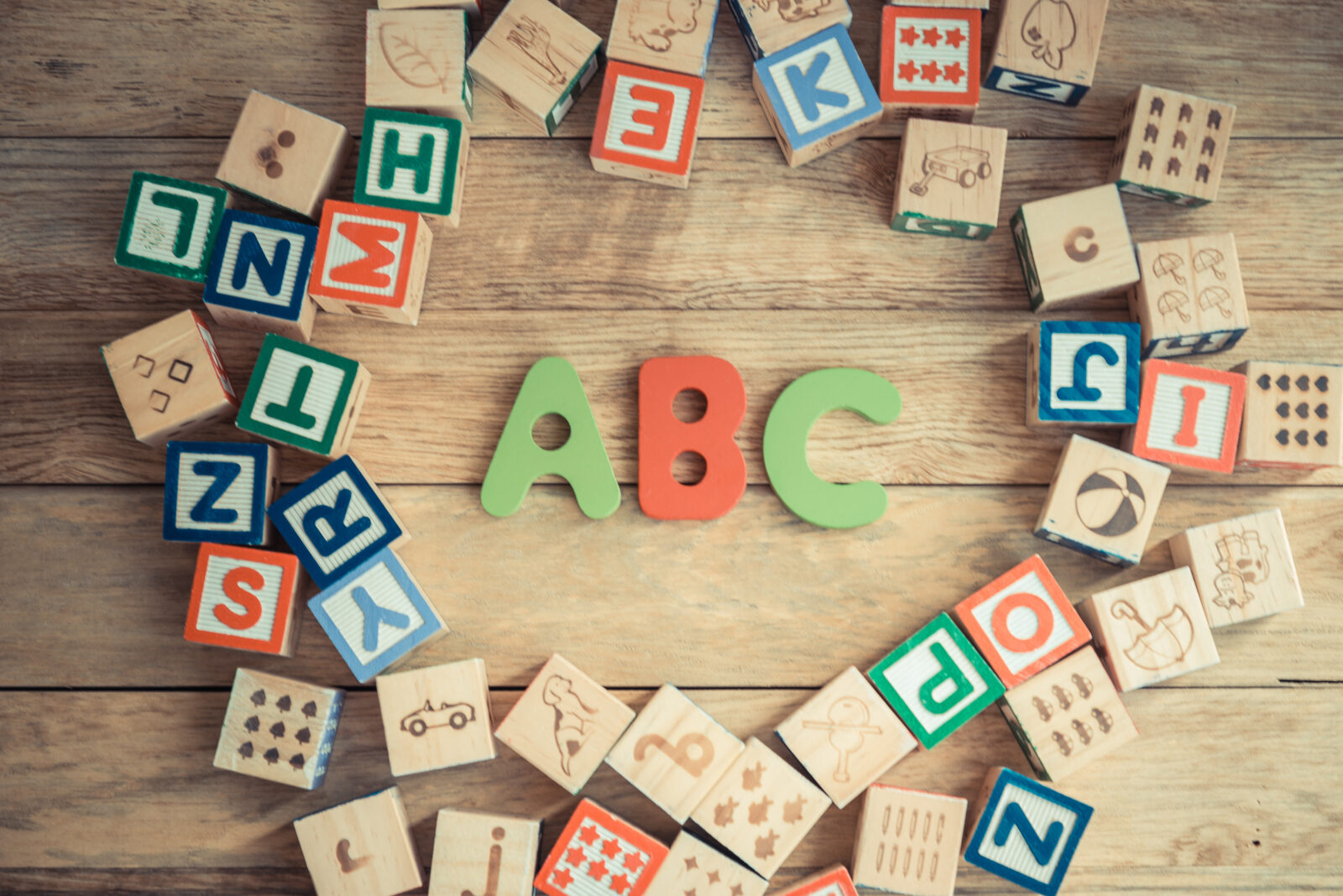If you’re concerned about your child’s speech and/or language development a speech screening is the first step to answering any questions you may have. A screening determines whether there may be a problem or delay present.
A speech screening is usually about 15-20 minutes long and gives a brief look into how your child's articulation sounds and how he/she uses language for communication. During this time a speech-language pathologist may play, engage in conversation, or read books with your child. The therapist may also have your child participate in more structured activities such as naming pictures of everyday items. A screening is used to determine whether there is a speech-language problem present or if your child’s speech and language is normal for his/her age.
If any problems or delays are suspected the next step is an evaluation. An evaluation is administered to gain more insight and detail about what the problem may be and the best intervention needed. This helps a speech-language pathologist create goals specific to your child’s needs.
A speech-language evaluation is administered if a child fails the screening. During an evaluation your child will participate in formal testing. These are standardized tests, which essentially compare your child’s speech and language abilities with other children their same age. Comprehensive evaluations test many skills including: receptive language, expressive language, memory, grammar, word finding, auditory discrimination, and articulation.
It is the speech-language pathologist’s goal to find what your child’s strengths and weaknesses are when communicating. Screenings and evaluations help therapists make the best decisions for treatment and whether other referrals are necessary. It is important to remember that if you have any concerns regarding your child’s communication intervention early on is key to success.

